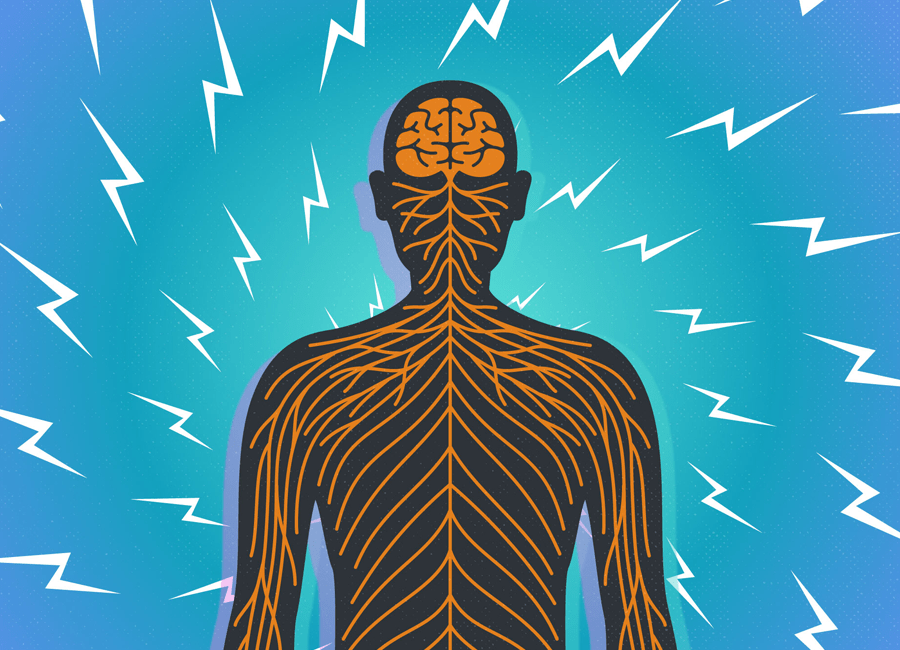13 Simple Ways to Increase Your Energy and Mobility

The choices you make today could determine your quality of life as you grow older. If you want to remain independent and engaged, it’s important to pay attention to your mobility and energy levels. It’s natural for your mind and body to change over the years. You lose muscle and bone mass. Your reaction time slows down, and you may find that you gain weight more easily.
However, you can slow down the aging process. Learn how to feel more vigorous and limber at any stage of life.
How to Increase Your Energy Levels
You may need to run shorter distances at some point, but healthy seniors rarely struggle with chronic fatigue.
Try these invigorating strategies:
- Sleep well. It’s a myth that the elderly need less sleep. If you’re 65 or older, aim for 7 to 8 hours sleep each night. Keep your bedroom dark and quiet and talk with your doctor if you need more help.
- Eat healthy. Deficiencies in calcium and other important vitamins and minerals become more common as you age. Eat a balanced diet rich in whole foods that will give you plenty of fiber and nutrients.
- Lose weight. Being overweight increases your risk of fatigue, partly because your body has to work harder to do ordinary tasks and maintain normal blood sugar. Losing just 5 to 10% of your bodyweight can dramatically enhance your overall wellbeing.
- Drink water. You may be tired because you’re dehydrated. Carry a water bottle with you, so you’ll remember to drink before you become thirsty.
- Manage stress. Mental tension can cause physical inflammation, which zaps your energy. Practice enjoyable hobbies and relaxation methods.
- Seek social support. Close and mutually supportive relationships are another buffer against stress. Spend time with family and friends. Join a club or take courses where you can meet others who share your interests.
- Set goals. Have a purpose in life. Give yourself something to strive for, like renovating your home or doing more volunteer work.
- Drink coffee. As you’ve probably noticed, caffeine can give you more energy temporarily. Remember that a cup or two may wake you up, but more than that will probably make you jittery without any additional alertness.
How to Protect Your Mobility
Moving around helps you stay agile, but it’s difficult to get out of bed when you’re aching and stiff. Preserving your range of motion will help protect you from injuries and make daily life more comfortable.
Protect your mobility with these techniques:
- Train for balance. You can reduce your risk for debilitating falls by becoming steadier on your feet. Do simple exercises like standing on one foot while you brew coffee or talk on the phone.
- Stretch your limbs. Work on your flexibility. Practice static stretches at the end of each workout when your muscles are warm.
- Do aerobics. A healthy heart will help you stay active too. Current guidelines suggest at least 2.5 hours of medium aerobic activity or 1.25 hours of vigorous aerobic activity each week.
- Check your posture. Slouching puts extra strain on your spine. Make it a habit to stand up straight. Lift your chest and relax your shoulders. Use correct form when lifting heavy objects. Bend your knees and hold them close to your body.
- Remove hazards. Many accidents can be prevented by monitoring your home and work environments. Put non-slip padding under area rugs. Install banisters on staircases and safety rods in showers.
Increase your chances for staying happy and healthy as you age. Regular physical activity and other healthy habits will help you to boost your energy and move with ease.









